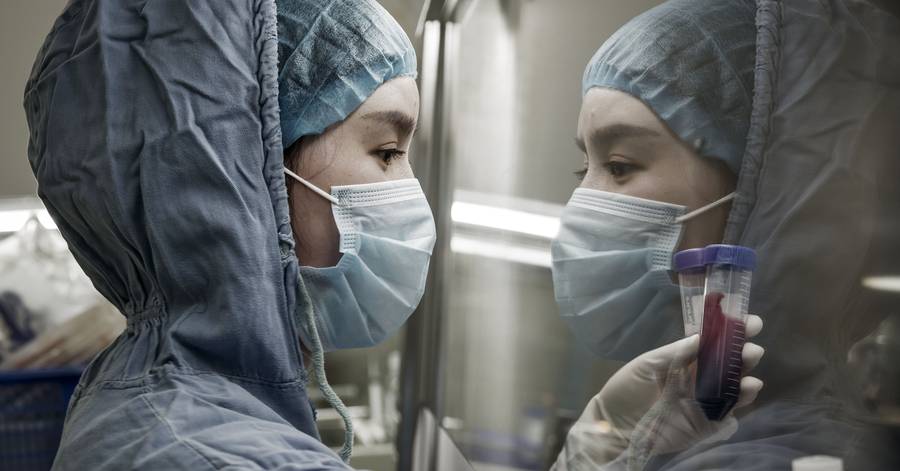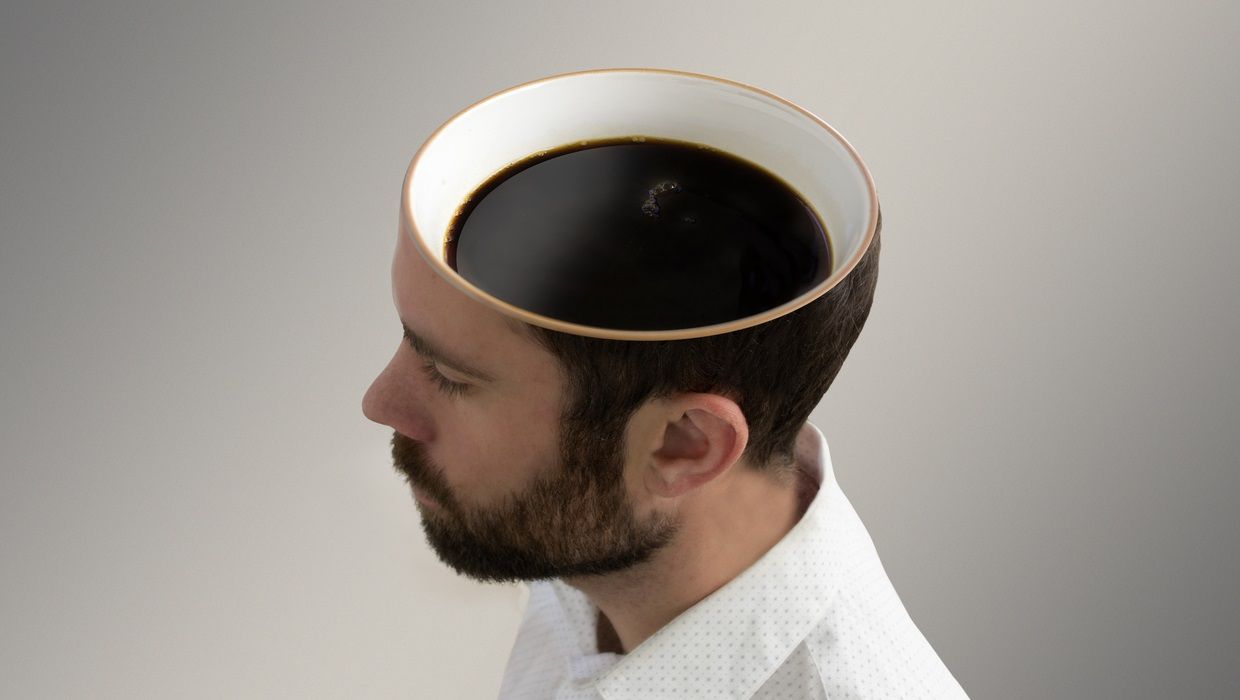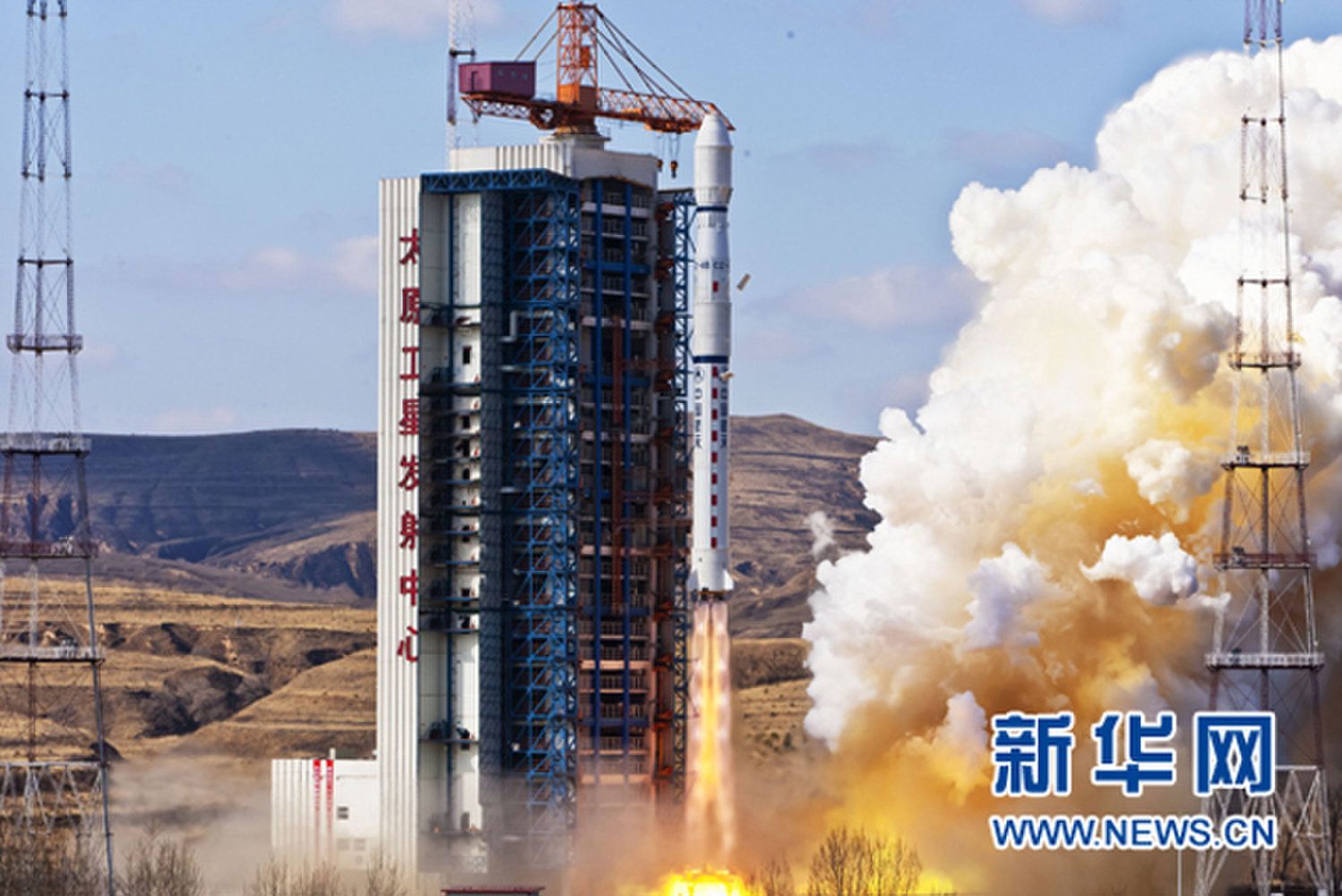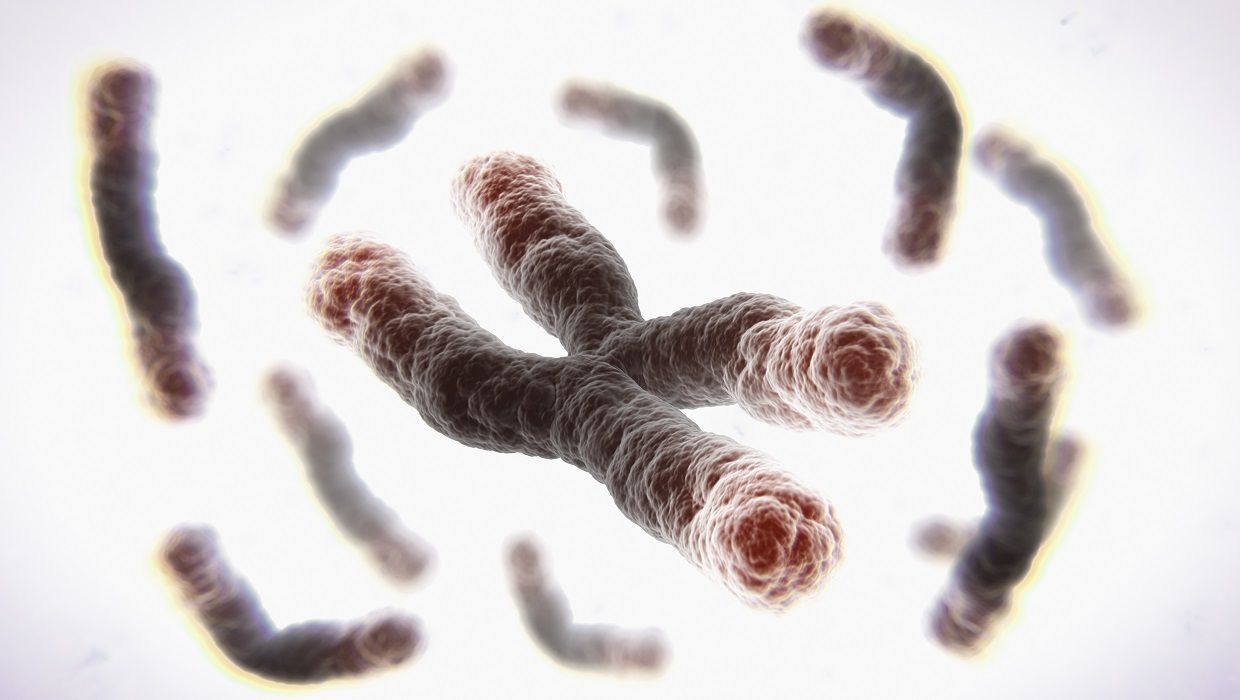HANGZHOU, China—In a hospital west of Shanghai, Wu Shixiu since March has been trying to treat cancer patients using a promising new gene-editing tool.
U.S. scientists helped devise the tool, known as Crispr-Cas9, which has captured global attention since a 2012 report said it can be used to edit DNA. Doctors haven’t been allowed to use it in human trials in America. That isn’t the case for Dr. Wu and others in China.
In a hospital west of Shanghai, Wu Shixiu since March has been trying to treat cancer patients using a promising new gene-editing tool.








